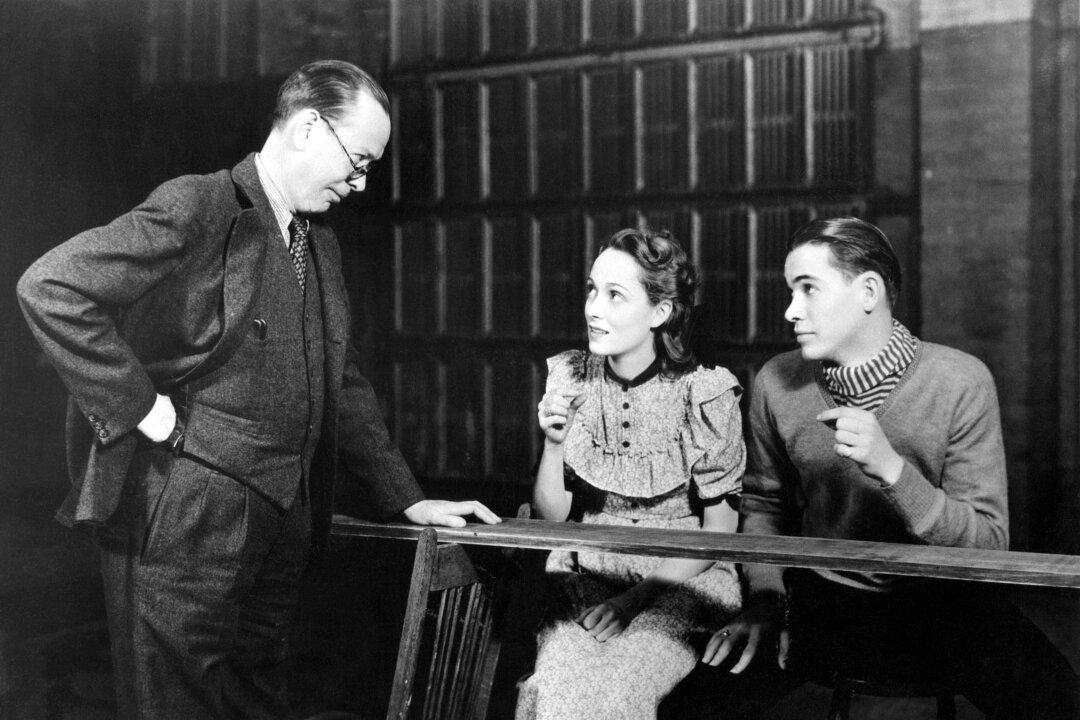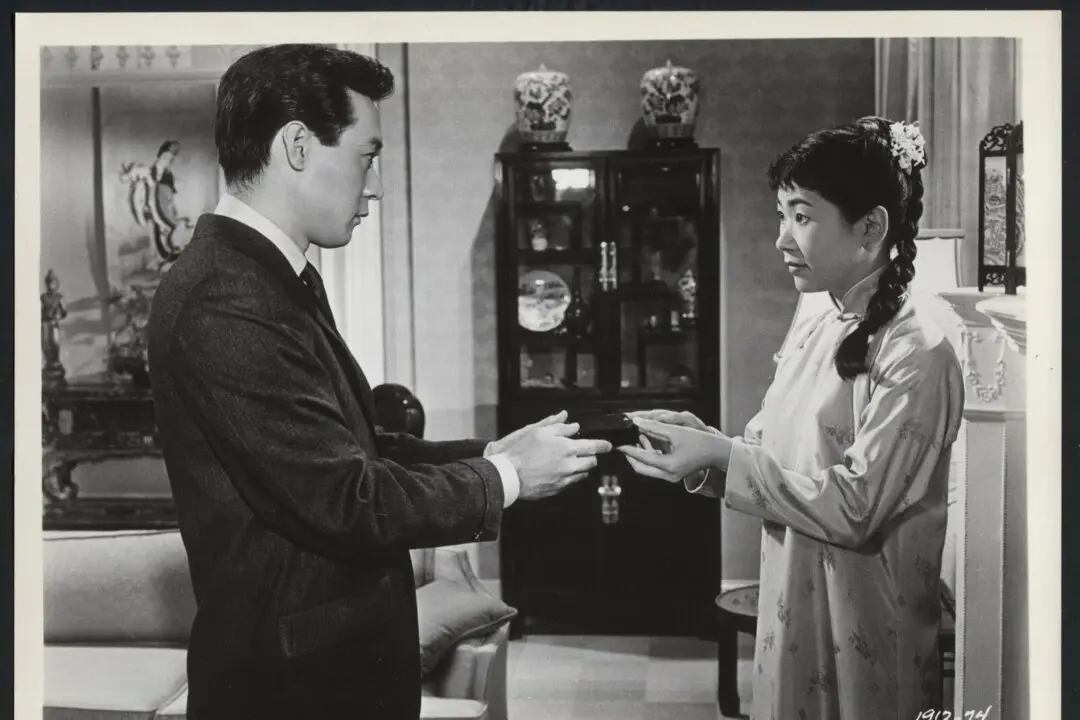“Early to bed, early to rise,” Benjamin Franklin wrote in his “Poor Richard’s Almanac,” “makes a man healthy, wealthy, and wise.” Franklin practiced that adage, rising at 5 a.m. most of his life. Though in his Paris years he sometimes neglected the greeting of the dawn, for the most part, he woke early, worked until noon, took a break for two hours to eat lunch, his main meal of the day, and then returned to his work until early evening.
Most human beings throughout history have lived by such a solar clock. They rose with the sun to plow their fields, perform their household chores, attend school, and prepare their meals. For them, darkness generally meant the day’s end and bedtime. Candles, kerosene lanterns, and oil helped illuminate that darkness, but those implements were costly and lacked the brightness of even a cloudy day.






